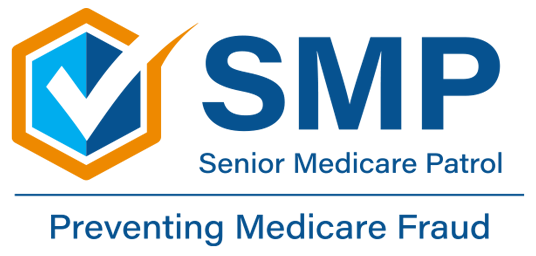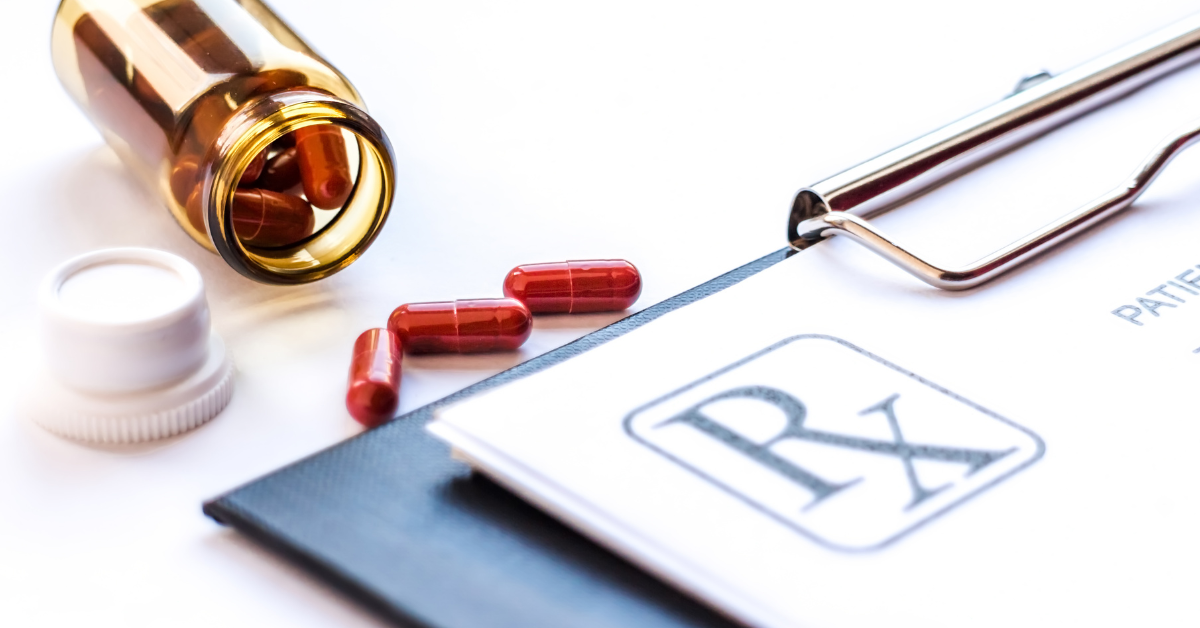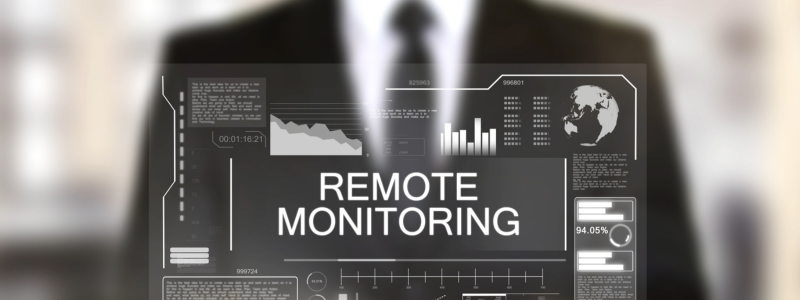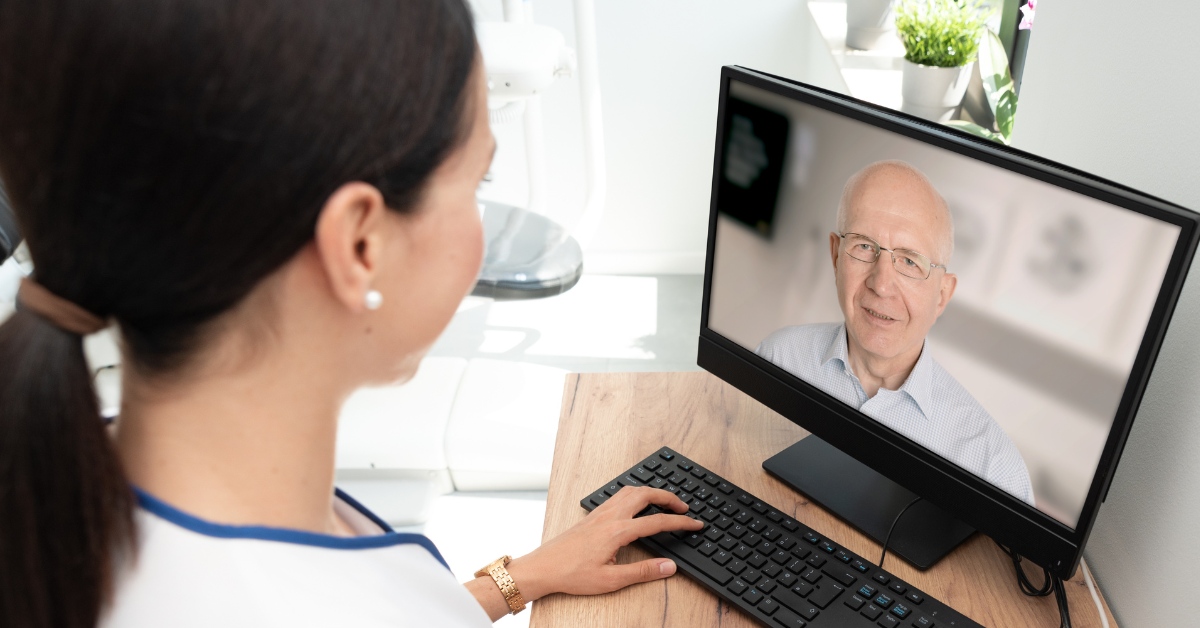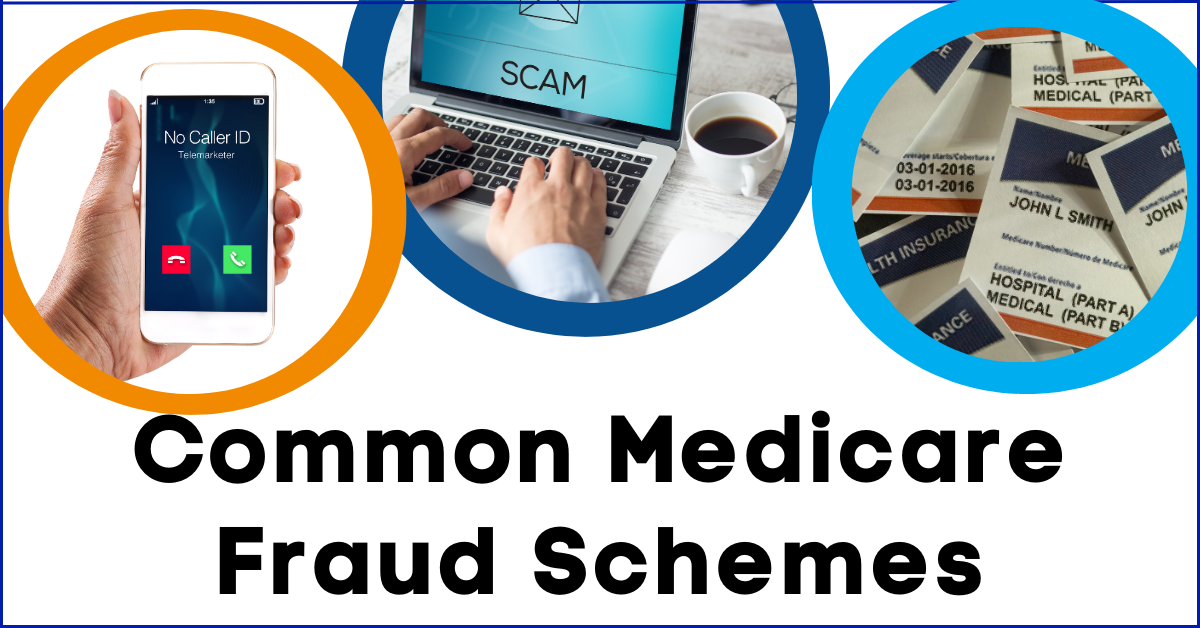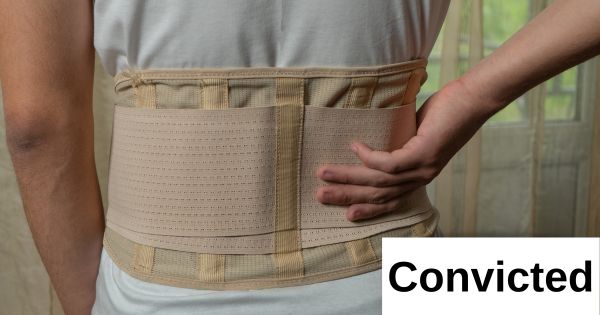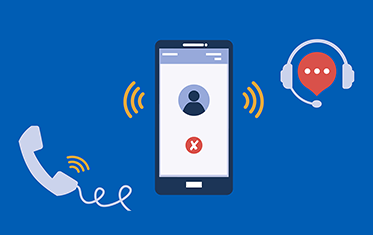Pharmacy and prescription drug fraud is a consistent trend
in Medicare. Due to the lucrative nature of prescription drug diversion and
pharmacy scams, criminals continue to exploit Medicare Part D. Although there
are many types of prescription drug schemes, pharmacy fraud primarily occurs
when Medicare is billed for a medication that was not received or a beneficiary
is intentionally given a different prescription drug than was prescribed.
Report potential pharmacy or prescription drug fraud, errors, or abuse if:
- You see on your Medicare Summary Notice (MSN) or Explanation of Benefits (EOB) charges for:
- Prescription drugs (including refills) that were never picked up, delivered, or even prescribed
- Prescription drugs (occasionally controlled substances such as opioids) that were prescribed by a health care provider you have never seen
- Amounts beyond the quantity you were prescribed
- A different prescription drug (often a more expensive drug) than the one you were originally prescribed or a drug that is not approved by the U.S. Food and Drug Administration (FDA)
- A pharmacy intentionally provided you less medication than you were prescribed
- A pharmacy issued you expired drugs
- A pharmacy provided and billed for an expensive compounded medication, including topical pain creams, when a traditional or less expensive prescription was ordered by your provider
- A company offers you “free” or “discount” prescription drugs without a treating physician’s order and then bills Medicare
- A pharmacy offers you gift cards or other compensation, so you switch your prescriptions over to that pharmacy
- A pharmacy automatically refills a prescription you no longer need. You do not pick up the prescription, but the pharmacy still bills Medicare
- An individual offers to pay you for the use of your Medicare number to bill for prescription drugs or offers you cash or other compensation to pick up prescriptions on your behalf
To learn more about tips related to pharmacy and prescription drug fraud, click here.
To learn how to read your Medicare Summary Notice (MSN) and Explanation of Benefits (EOB), click here.
Report Suspected Fraud
To report suspected fraud, click here.
Report Suspected Medicare Fraud
SMP Resources
- Pharmacy/Prescription Drug Fraud Tip Sheet(English) (Arabic) (Chinese Simplified) (French) (German) (Korean) (Russian) (Spanish) (Tagalog) (Vietnamese)
- Pharmacy/Prescription Drug Fraud Infographic(English) (Arabic) (Chinese Simplified) (French) (German) (Korean) (Russian) (Spanish) (Tagalog) (Vietnamese)
- Pharmacy/Prescription Drug Fraud Video(English) (Arabic) (Chinese Simplified) (French) (German) (Korean) (Russian) (Spanish) (Tagalog) (Vietnamese)
